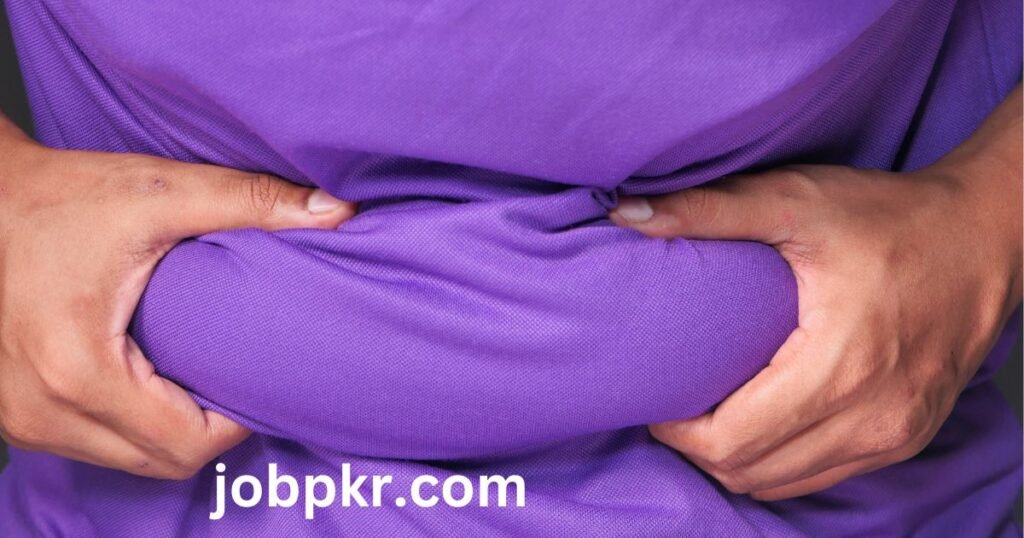Losing 20 kg (44 pounds) in just 2 weeks is an extremely ambitious goal that requires very aggressive and unsustainable methods. Rapid weight loss of this magnitude in such a short timeframe should only be attempted under medical supervision for health reasons. However, some people still seek to lose substantial weight very quickly, whether for an event, wedding, or other reason. This article explores science-based steps to lose 20 kg as fast as possible in 2 weeks, while warning of the serious risks involved.
Overview of Rapid Weight Loss
Most experts recommend steady gradual weight loss of 0.5-2 pounds per week for the average person through sustainable diet and lifestyle changes. However, various methods exist to promote rapid weight loss, with risks increasing as the rate goes up. Here are the general options:
- Regular diet and exercise (2-4 lbs/week)
- Very low calorie diet (4-7 lbs/week)
- Intermittent fasting (5-10 lbs/week)
- Extreme calorie restriction (10+ lbs/week)
- Fasting/detox cleanses (10+ lbs/week)
- Diuretics or laxatives (mostly water weight)
More extreme plans can produce quick results but are difficult to maintain and dangerous long-term. Losing 20 kg in 14 days requires very drastic measures with health tradeoffs.
Dangers of Losing 20 kg in 2 Weeks
Before exploring how to lose a large amount of weight very quickly, it’s important to review the significant health risks:
- Nutrient deficiencies and malnutrition
- Severe dehydration from fluid restriction
- Gallstones and kidney problems from rapid fat breakdown
- Electrolyte imbalances like low sodium, potassium, and magnesium
- Loss of muscle and bone mass
- Extreme hunger, food obsession, binge eating after
- Metabolic slowdown that leads to quick weight regain
- Increased cortisol and hormonal dysfunction
- Low energy, dizziness, fatigue
- Amenorrhea – loss of menstrual cycle

Such aggressive dieting should only be done under medical monitoring to minimize adverse effects. Losing 20 kg in 2 weeks should not be undertaken lightly.
Read More What is the Best eating Plan for Healthy Weight Loss?
Precautions Before Attempting Rapid Weight Loss
If you still choose to pursue losing 20 kg in 14 days despite the risks, here are crucial precautions to take:
- Get full medical exam and lab work including heart health assessment
- Verify you do not have diabetes, thyroid, kidney, liver, or heart disease
- Calculate your personal minimum safe calorie level
- Meet with registered dietitian and mental health professional
- Stock up on supplements to counter deficiencies
- Drink sufficient water and electrolyte replacement drinks
- Plan refeeds every 3-5 days to support metabolism
- Get support person to monitor physical and mental health
- Have emergency response plan if serious issues emerge
- Commit to transition period after to stabilize nutrition and hormones
Proper planning and medical oversight gives you the best chance of avoiding complications.
Aggressive Methods to Lose 20 kg in 2 Weeks
If given medical clearance, here are the most extreme methods proven to spur rapid weight loss:
Very Low Calorie Diet
Consuming only 500-800 calories per day from high protein meal replacements and non-starchy veggies. Use under medical guidance only.
Extended Water Fasting
Abstaining from all food and caloric beverages for periods up to 7-14 days to achieve massive calorie deficit. Supervision is vital.
Ketogenic Diet
Ultra low carb, high fat ketogenic diet keeps the body in fat burning mode. Pair with intermittent fasting for accelerated results.
Juice Cleanse
Consuming only fresh vegetable and fruit juices for nutrients while eliminating solid foods. Allows very low calorie intake.
Extreme Calorie Restriction
Eating tiny portions of plain foods like boiled chicken and raw veggies to create up to 1500+ calorie deficits.
Diuretics and Laxatives (Not Recommended)
Strictly for short-term water weight loss only. Depletes electrolytes dangerously and causes dehydration. Do not use except under the direction of a physician.
The more extreme the calorie restriction, the faster the weight loss but also higher likelihood of adverse effects.
5 FAQs on Extreme Weight Loss
Here are answers to 5 common questions on rapid weight loss:
What is the maximum weight that can be safely lost in 2 weeks? 1-2% of total bodyweight per week is limit, or about 4-8 lbs. Losing 20 kg (44 lbs) exceeds this threshold.
Will I just put the weight back on quickly after? Unfortunately Yes. Such overly aggressive dieting slows metabolism long-term leading to rapid regain when resuming normal eating.
Can exercise accelerate weight loss this much? No. Exercise contributes minimally to calorie deficit. Diet must provide extreme restriction to lose 20+ kg in 2 weeks.
What are warning signs to stop fasting or restricting?
Dizziness, heart palpitations, headache, nausea. Stop immediately if experiencing these.
How can I make rapid weight loss safer? Medical monitoring, proper supplementation, and following safety measures in this article. But risk cannot be eliminated.
Losing Weight in a Healthy Sustainable Way
The truth is losing 20 kg in just 14 days requires potentially dangerous starvation tactics that can sabotage your health and metabolism long-term. Focus instead on losing 1-2 pounds per week through consistent lifestyle changes for better physical and mental wellbeing:
- Make nutritional whole foods 80% of your diet
- Increase physical activity you enjoy regularly
- Address emotional eating triggers and body positivity
- Celebrate non-scale victories like better sleep, more energy, reduced inflammation
- Enhance nutrition gradually without overly restricting
- Consult professionals to support you safely on your journey
With patience and consistency, you’ll lose weight sustainably and keep it off long-term. Your health is worth it!

